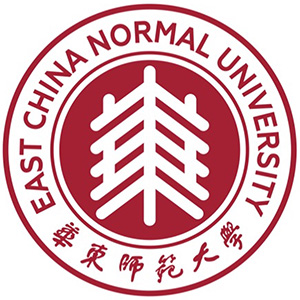报告人简介
刘冲,北京大学博雅青年学者,长聘副教授,财政学系主任,国家级青年人才,世界银行研究顾问。研究领域为公共经济学、发展经济学和大数据应用。近年来在Economic Journal、Journal of Development Economics\《经济研究》《管理世界》《中国工业经济》《世界经济》《金融研究》等国内外权威期刊发表论文五十余篇。荣获霍英东高等院校青年教师奖、洪银兴经济学奖(青年)、全国优秀财政理论研究成果奖等荣誉。
内容简介
This study investigates the far-reaching effects of liquidity regulation policies on the banking sector in China. Banks subject to liquidity coverage ratio (LCR) regulation since 2014 are found to have significantly decreased their short-term wholesale funding via interbank liabilities while increasing other short-term funding via bonds to pay (primarily interbank negotiable certificates of deposits) on the liability side. The finding of this research that is the most different from other studies is that regulated banks in China neither significantly increased their holdings of qualified high-quality liquid assets, nor significantly reduced their proportion of risky assets, after the implementation of LCR regulation. Under the pressure of deposit price control and a competitive deposit environment, banks with greater market power have attracted more traditional deposits than banks with lower market power, and banks with fewer local market shares have shifted to increase their proportions of other liabilities to satisfy the liquidity requirements. This has ultimately led to unexpected consequences in China’s banking industry.



